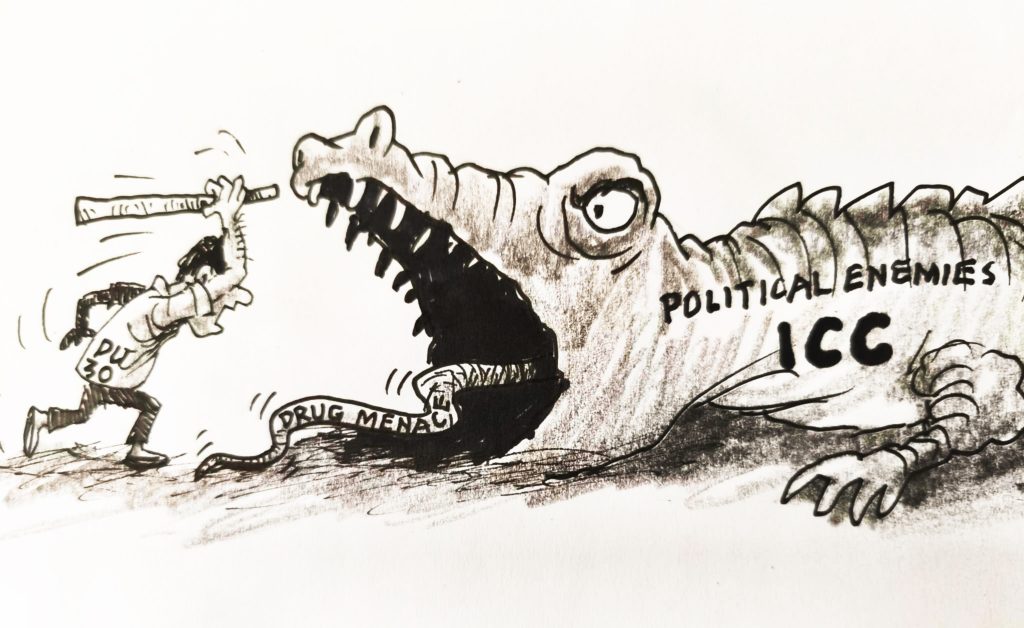The detention of former President Rodrigo Duterte in The Hague has sparked significant public attention and stirred deep divisions across various sectors of Philippine society. Some view it as a long-overdue legal step; others regard it as an affront to a leader they credit with decisive governance. Regardless of perspective, the event has considerable implications for the nation’s legal and political landscape.
As a former head of state, Duterte’s leadership style and policies—particularly his campaign against illegal drugs—continue to elicit both praise and criticism. Supporters highlight his efforts to confront crime, corruption, and inefficiency; critics point to reports of extrajudicial killings and human rights concerns. His detention invites renewed scrutiny over how democratic institutions address questions of executive power, responsibility, and legal accountability.
The broader issue extends beyond one individual. It touches on the principle that public officials, regardless of their stature or past accomplishments, may be subject to legal proceedings if credible allegations arise. Upholding this principle is not about discrediting achievements or endorsing accusations; it is about ensuring that institutional processes function independently, free from political pressure or public emotion.
The fact that proceedings are taking place internationally, rather than within Philippine jurisdiction, raises questions about the country’s capacity or willingness to enforce accountability domestically. This development underscores the need to examine the strength and impartiality of national mechanisms for justice, particularly in cases involving high-ranking officials. An effective and trusted legal system should be able to manage such matters transparently within its own borders.
It is essential for all sectors—government, civil society, and the public—to approach the situation with prudence and objectivity. Rather than deepening national polarization, this moment could serve as an opportunity to reinforce the foundations of the justice system. Regardless of the outcome of the international process, the long-term goal should be the establishment of strong, impartial institutions capable of addressing legal questions fairly and independently, within the country’s own democratic framework.




